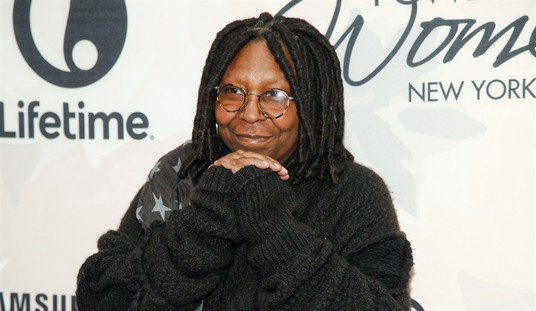Most writers, truth be told, write to eat. It’s not an easy way to make a living. But it’s a living.
In his new collection of essays, But Enough About You, Christopher Buckley goes in a slightly different direction. He eats to write. Or at least eats and then spends a fair amount of time writing about it.
The book, which features writing from the last two decades, is divided into several sections. There are general essays (funny), funny essays (funny), travel essays (he doesn’t go hungry or thirsty whilst on the road). He also includes pieces on statecraft, criticism, obituaries and several more categories that could be labeled “other” or “miscellaneous.”
But what stands out is that Buckley doesn’t seem to miss many meals, and he certainly never misses a chance to describe one.
“We dined that night by candlelight, with bats flitting overhead, on roasted sweetwater langoustines, Zambezi bream, and rabbit pot stickers,” he writes about his first night in Zambia. I have no idea what any of those foods are; nor, I’m certain, do 99 percent of Zambians. His first breakfast in Hanoi would feed most Vietnamese for a month: two bowls of pho, followed by “a plate of fried rice with bok choy and chili sauce. Then had at the croissants.”
Even his days as mate on a small boat involve food and drink. Buckley recounts how he once dumped four steaks in the Atlantic while barbequing at sea; two remained edible after they were fished out.
Maybe food is a writer’s Achilles heel. In an appreciation of his late friend Joe Heller (author of Catch-22) Buckley quotes Heller’s wife: “Like many — make that all — writers, Joe’s idea of heaven was traveling on someone else’s dime.” Long before reading that, I’d realized Buckley did plenty of traveling in such a fashion.
But perhaps there’s a reason the travel- and food-related essays cluster around the year 2000, when Buckley was editing a magazine called Forbes FYI. That magazine is out of business. As is, for the most part, the magazine industry in general. These days, Tom Friedman may be the last man jetting around the planet on his New York Times expense account.
The essays are usually humorous, and often surprising. Buckley became a close friend of atheist writer Christopher Hitchens, even though his father (referred to here, usually, as WFB) had once banned Hitchens from his television show. Buckley also writes an obit for Gore Vidal, who famously clashed with WFB in 1968 and never, apparently, got over it. “Beneath my cold exterior, once you break the ice, you find cold water,” Vidal once said, and Buckley shows that’s exactly right.
In his appreciation of Kurt Vonnegut, Buckley digs up a quote from Vonnegut explaining his simple, direct writing style. “The point is to write as much as you know as quickly as possible.” He would have made a crackerjack blogger with that attitude. Those of us who write for a living should remember to go forth and do likewise.
Buckley’s appreciation of writing and writers shines forth throughout this book. He lauds Ray Bradbury, P.G. Wodehouse and Ronald Reagan. He mostly steers clear of politics, showing his appreciation for George H.W. Bush (Buckley wrote speeches for him) but not getting bogged down in the divisive 1992 campaign.
Finally, the book stands out because it avoids what a college professor called “the tyranny of endnotes.” Back then I didn’t much care; I wasn’t likely to read the assigned text, let alone dig through the notes.
But it matters to me today. And when Buckley wants to explain a reference (“this was written before Sept. 11”) he does so with an asterisk. And when he wants to cite a source, he does the same thing. No need to flip to the end of the book and dig up a note; it’s right there on the page you’re reading. More writers should do the same.
Buckley’s writing is breezy and readable. Once you start reading, it’s a difficult book to put down. It’s easy to keep saying to yourself, “I’ll just read one more.” That’s the best recommendation I can give: Pour yourself a drink and enjoy this book. “But for heaven’s sake, don’t spill the daiquiri on it,” as Buckley wrote when he penned an introduction to a new edition of Our Man in Havana.











Join the conversation as a VIP Member